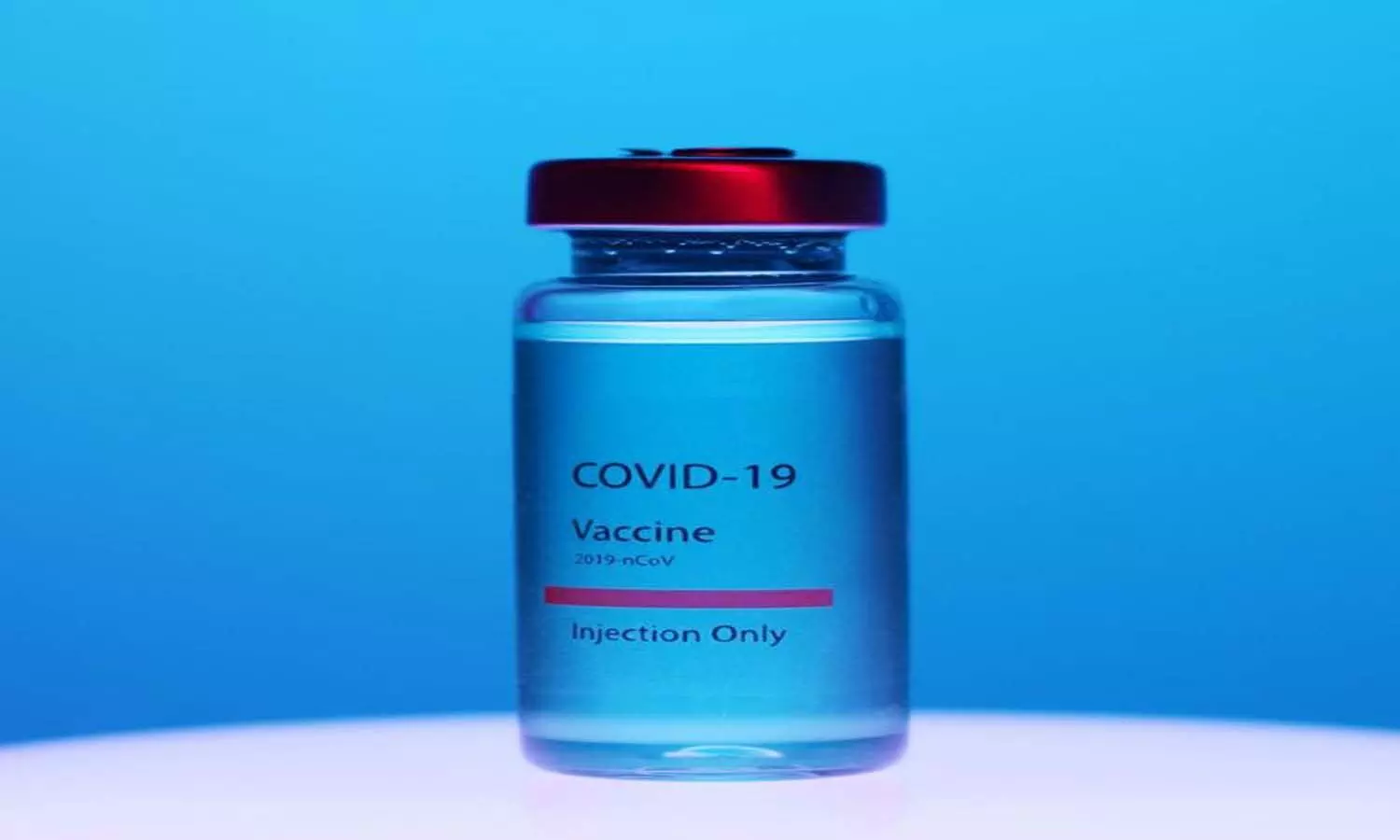TRENDING TAGS :
COVID-19 Vaccine: Side effects, immunity & more; Know answers to some commonly asked questions
People have a lot of questions and queries when it comes to the COVID-19 vaccine. Read on to know the answers to some of such questions.
The pandemic has brought a major shift in life. It has compelled us to stay home, wear a mask and maintain social distancing. It has brought life to a standstill. At such times, getting vaccinated is the only way out. Getting vaccinated helps in building immunity and creating antibodies that protect your body against the COVID-19 virus.
Since the pandemic and vaccination is uncharted territory for most of us, it is natural to have tons of doubts and questions about getting vaccinated. From the gap between the two doses to the side effects of the vaccine, here are the answers to some of the commonly asked questions about the vaccine.
Is the vaccine working if there are no side effects?
Yes. Around 80 percent of people after getting vaccinated, experience fever or chills along with fatigue, headache and muscle aches. But there is 20 percent of people who don't have any beyond an achy arm, or sometimes no side effects at all. Many of the side effects are due to the immune responses that aren't responsible for building lasting immunity. If someone is not experiencing any side effects after getting vaccinated, then it doesn't mean that the vaccine isn't effective.
Is it recommended to get an antibody test done to tell if the vaccine worked?
It is not recommended to get an antibody test to know if the vaccine has worked. Such tests usually test for antibodies against the virus's nucleocapsid or N protein. Since the vaccines contain only the spike protein, people who have been vaccinated but never had COVID-19 would not have antibodies directed against the N protein. They would get a negative result or indeterminate result from tests that detect N protein antibodies.
Does someone who has had COVID-19, need to be vaccinated?
Yes. Since the immunity, the vaccines confer is much more robust than the immunity from an infection. It is recommended that those who got sick and were treated with convalescent plasma or with monoclonal antibodies should wait 90 days before getting a COVID-19 vaccine, as these therapies can otherwise interfere with the immune response.
How long does immunity last after getting vaccinated?
There is no certain answer about how long immunity lasts after getting vaccinated. Studies suggest that for most people, antibodies that recognise the coronavirus can last at least a year after an infection or perhaps longer. There is evidence that is building that vaccines provide superior protection than natural infection, so it's not unreasonable to expect that immunity might be longer-lasting for vaccinated people.
Stay tuned with the newstrack to get fastest updates. Click @englishnewstrack to follow us on Facebook and @newstrackmedia to follow on Twitter.



